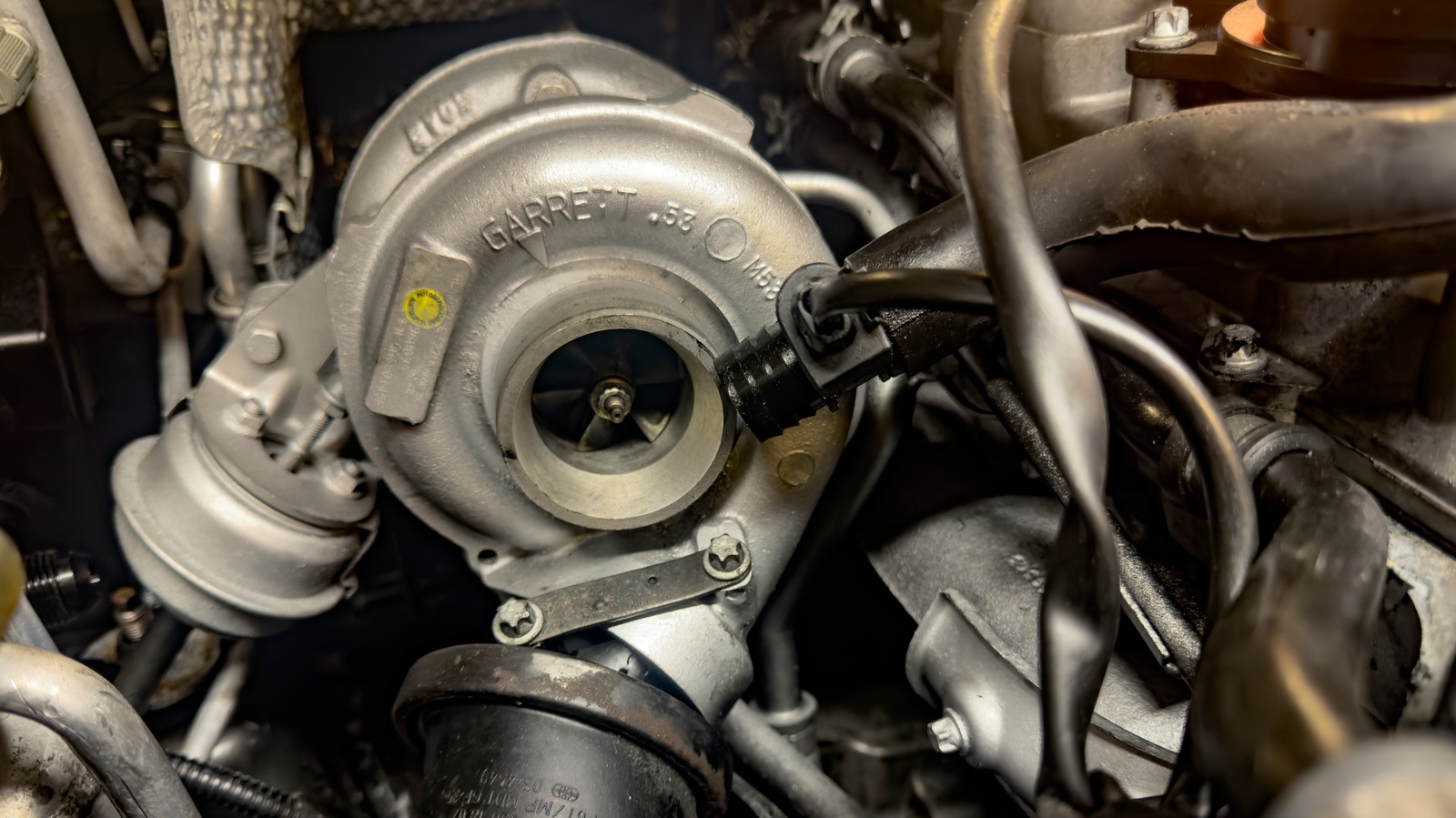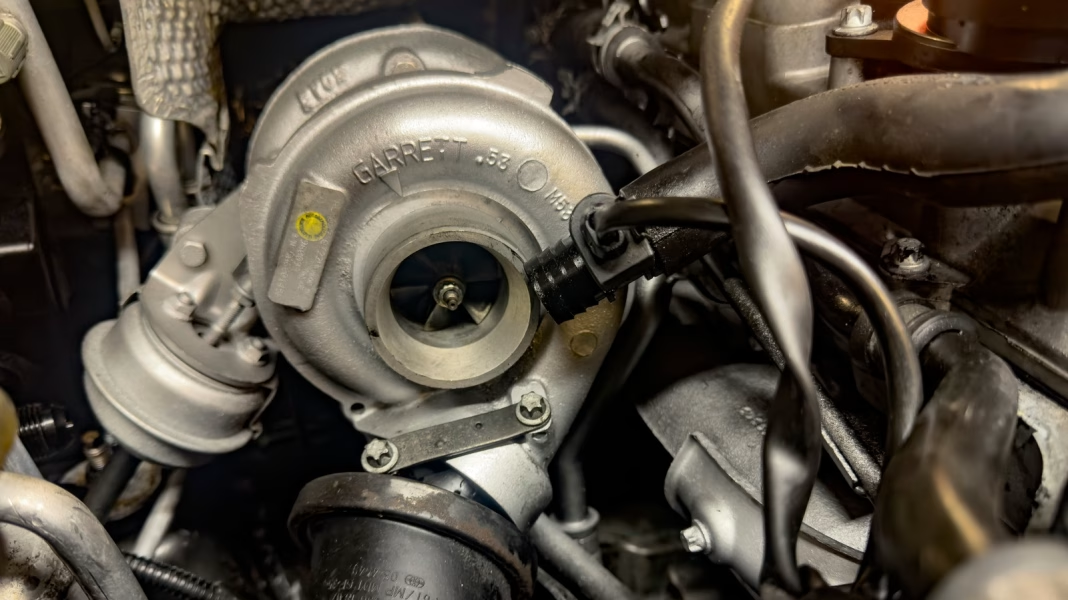Do Turbo Engines Really Need More Frequent Oil Changes?
If you’ve ever driven a car with a turbocharged engine, you know the thrill that comes with that extra burst of power. Turbos squeeze more performance out of a smaller engine, making them a favorite for drivers who want both speed and efficiency. But there’s a lingering question that often pops up at the service shop: Do turbo engines really need their oil changed more often than regular engines?
What Makes Turbo Engines Different From Regular Engines?
Turbochargers work by forcing more air into the engine’s cylinders, which allows for more fuel to be burned and, in turn, more power to be produced. This process generates additional heat and puts more stress on engine components compared to naturally aspirated engines. The oil in a turbo engine isn’t just lubricating moving parts—it’s also helping to cool down the turbo itself, which can reach temperatures north of 1,000 degrees Fahrenheit during spirited driving.
Because of these higher temperatures and increased mechanical demands, the oil in a turbocharged engine is working overtime. It’s not just about keeping things slick; it’s about preventing sludge, breakdown, and even turbo failure.
How Does Oil Degrade Faster in Turbo Engines?
Heat is the enemy of engine oil. When oil gets too hot, it can break down faster, losing its ability to lubricate and protect. In turbo engines, the oil is exposed to more extreme conditions, especially if you drive hard or frequently shut off the engine right after a spirited run (which can cause oil to “cook” in the turbo bearings).
According to a 2023 report from the American Petroleum Institute, turbocharged engines are more prone to oil oxidation and deposit formation, which can shorten oil life. That’s why many automakers recommend shorter oil change intervals for turbo models compared to their non-turbo counterparts.
What Do Manufacturers and Experts Recommend?
Most modern cars come with an oil life monitoring system that takes into account your driving habits and engine conditions. For many turbocharged engines, you’ll see recommended oil change intervals between 5,000 and 7,500 miles, while some naturally aspirated engines can stretch to 10,000 miles or more.
But here’s the catch: If you drive your turbo car hard, tow heavy loads, or spend a lot of time in stop-and-go traffic, your oil will degrade faster. The Society of Automotive Engineers (SAE) notes that severe driving conditions can cut oil life in half, especially in turbocharged engines.
Is Synthetic Oil a Must for Turbo Engines?
If you’re running a turbo, high-quality synthetic oil isn’t just a nice-to-have—it’s a must. Synthetic oils are engineered to withstand higher temperatures and resist breakdown much better than conventional oils. They also flow more easily at cold temperatures, which helps protect your turbo during startup.
A 2022 study by the International Lubricant Standardization and Approval Committee found that synthetic oils maintained their protective properties up to 40% longer in turbocharged engines compared to conventional oils. That’s a big deal for anyone looking to keep their turbo spinning happily for years to come.
What Happens If You Ignore Oil Change Recommendations?
Neglecting oil changes in a turbocharged engine can lead to some expensive headaches. Old, degraded oil can form sludge, clog oil passages, and even cause the turbo bearings to fail. Turbo replacement isn’t cheap—often running into the thousands of dollars.
Real-world example: A 2021 survey by AAA found that turbocharged vehicles with irregular oil changes were three times more likely to experience turbo failure within the first 100,000 miles compared to those with regular maintenance. That’s a stat you don’t want to test firsthand.
Are There Any Signs Your Turbo Engine Needs an Oil Change Sooner?
Sometimes, your car will give you hints before things go south. Watch for these warning signs:
– Oil smells burnt or looks unusually dark
– The engine runs hotter than normal
– You notice reduced performance or a laggy turbo response
– The oil change reminder comes on earlier than expected
If you spot any of these, don’t wait—get that oil changed. It’s a small investment that pays off big in the long run.
How Can You Extend the Life of Your Turbo Engine?
A little care goes a long way. Here are a few tips:
– Stick to the recommended oil change interval (or go a bit sooner if you drive hard)
– Always use the oil grade and type specified by your manufacturer
– Let your engine idle for a minute after a spirited drive to help the turbo cool down
– Check your oil level regularly—turbo engines can consume more oil
The Big Takeaway
Turbo engines aren’t about perfection—they’re about smarter adjustments. Stay on top of oil changes, use quality synthetic oil, and pay attention to your driving habits. Start with one change this week, and you’ll likely spot the difference by month’s end. Your turbo—and your wallet—will thank you.


